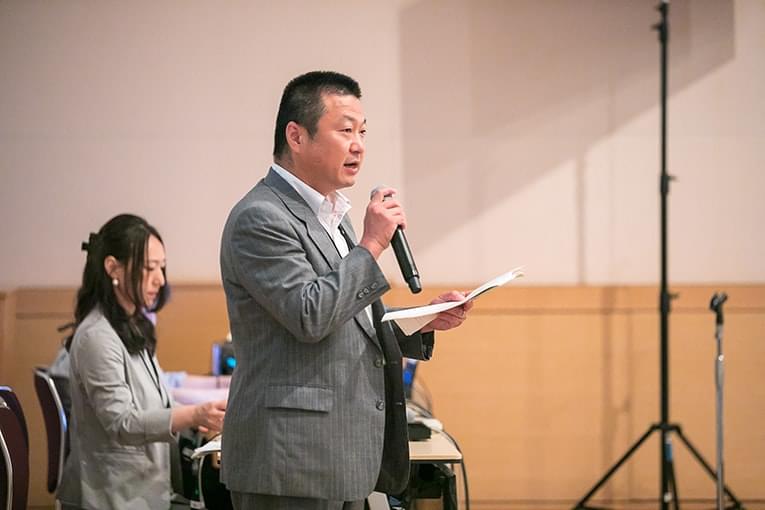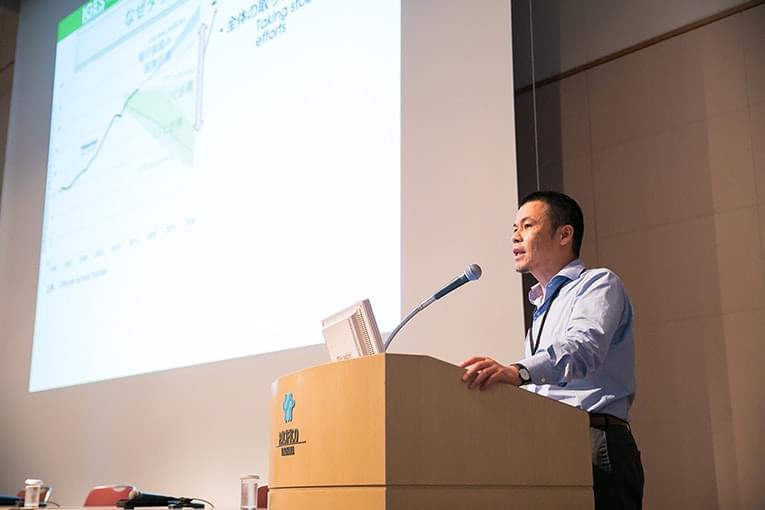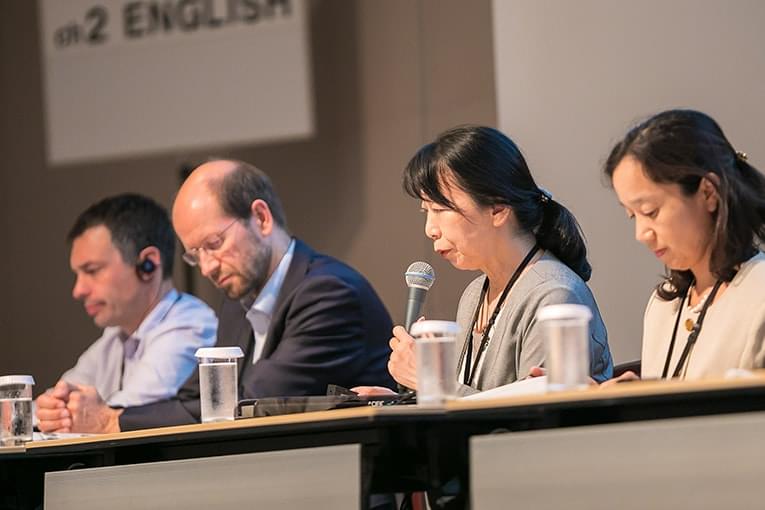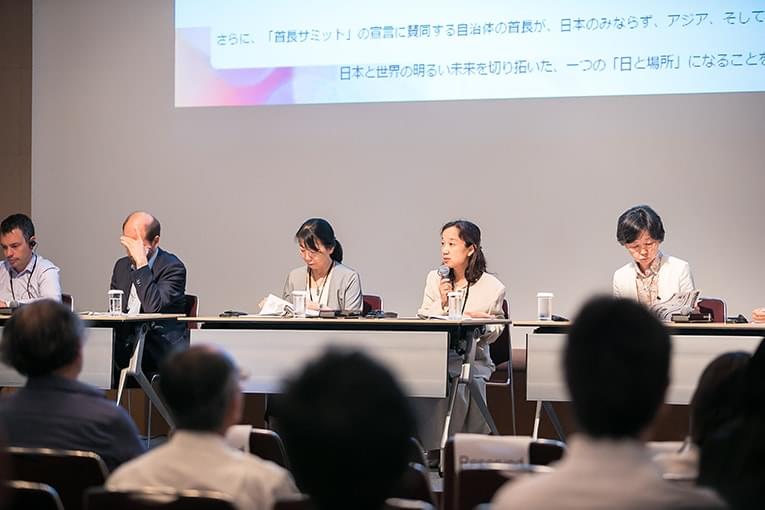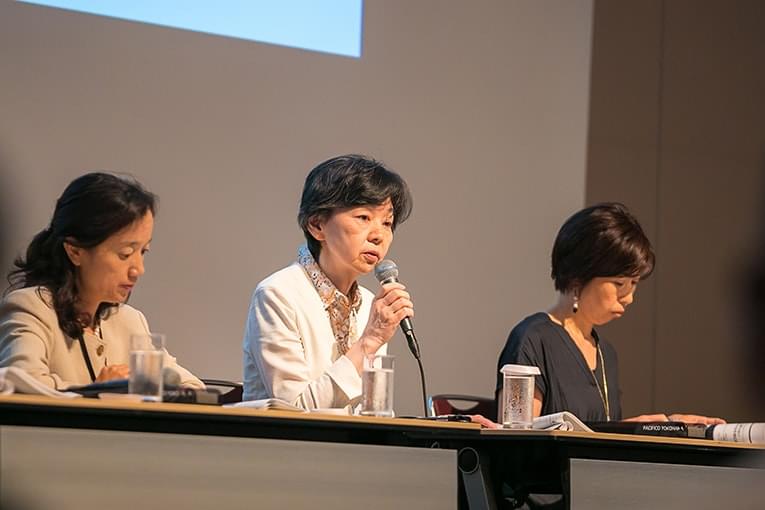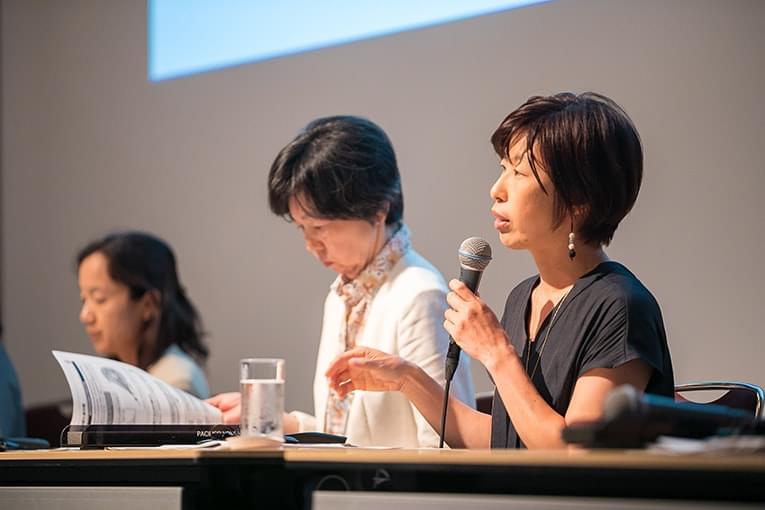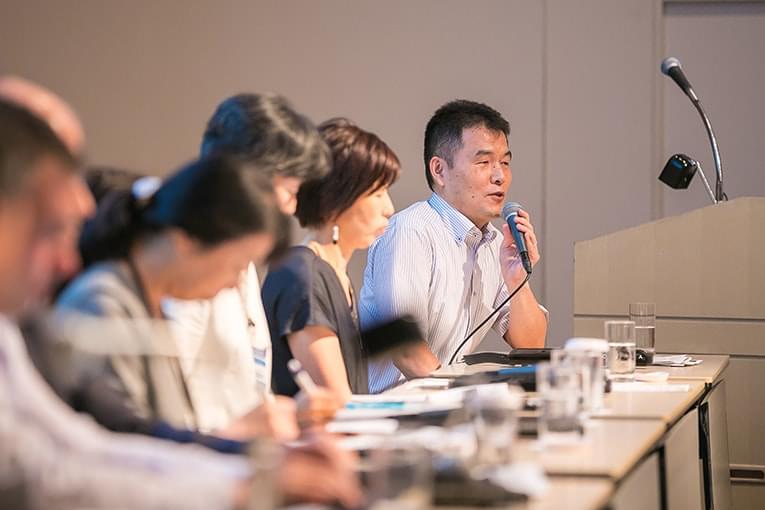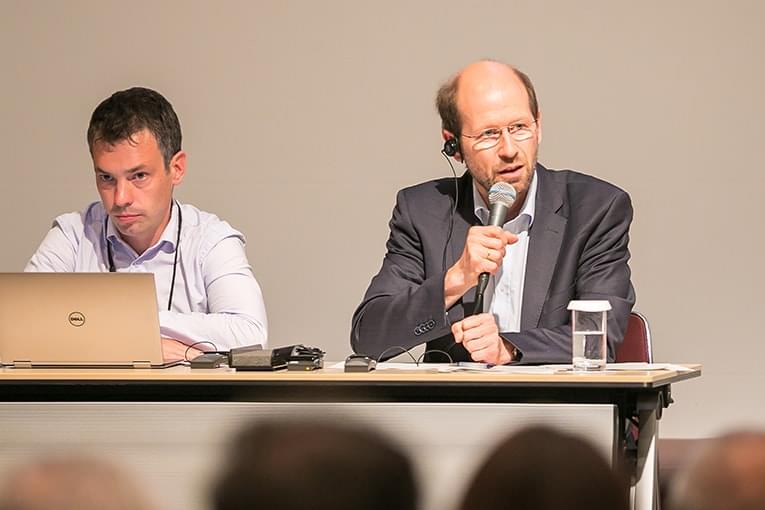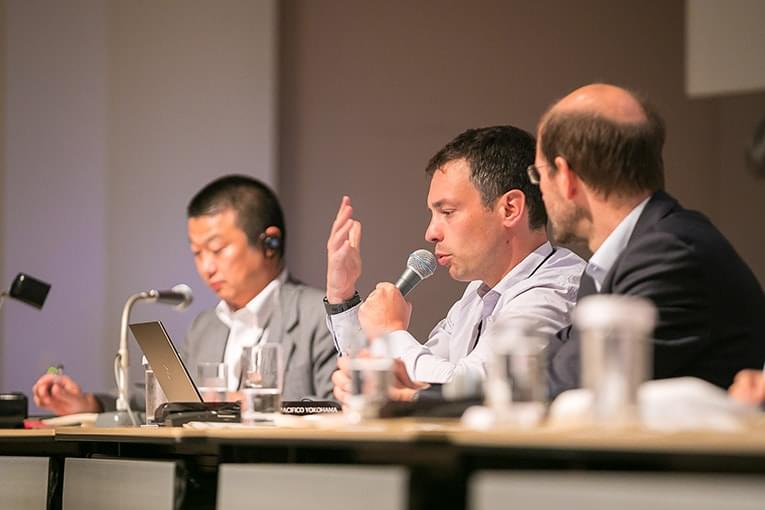The "Talanoa Dialogue" launched in January 2018 refers to the process of enhancing motivation to achieve the 2/1.5 degrees target of the Paris Agreement by pursuing a shared vision on reducing global greenhouse gas emissions. In so doing the Dialogue aspires to jointly raise ambition on current Nationally Determined Contributions (NDCs). "Talanoa" translates to mean an "inclusive, participatory, and transparent dialogue process" as reflected by the words of Fiji, chair of COP23. The purpose of Talanoa is to share stories, build empathy and to enact wise decisions for the collective good. The Talanoa process involves the sharing of ideas, skills and experience through storytelling, bearing in mind “Where are we”, “Where do we want to go” and “How do we get there”. In this session, we will clarify the process, significance and progress, as well as introduce how to participate in “Talanoa Dialogue” and communicate their "stories".
Research Leader / Principal Researcher, Climate and Energy Area, IGES
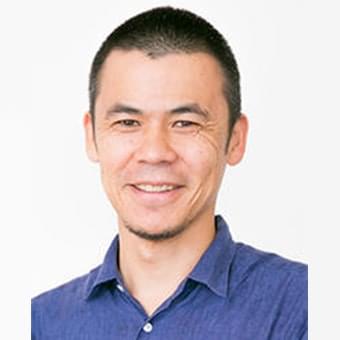
Kentaro Tamura
Research Leader / Principal Researcher, Climate and Energy Area, IGES
Kentaro Tamura obtained Ph.D. in International Relations from the London School of Economics (LSE). After working for the Yokohama National University, he joined IGES in 2003. He has centred his research on international cooperation on climate change, in particular the development and design of international climate regime, political economy and comparative studies of domestic climate and energy policy making processes in major economies. He published a number of peer-reviewed journal articles and book chapters and edited books in the field of climate and energy policy.
General CSR Division Manager, Corporate Citizenship Department, AEON Co., Ltd.
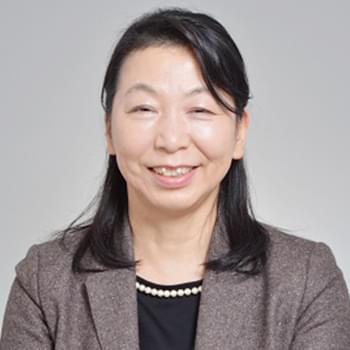
Haruko Kanamaru
General CSR Division Manager, Corporate Citizenship Department, AEON Co., Ltd.
After graduating from the Department of Economics, Faculty of Policy Science and Economics of Hiroshima University, Haruko Kanamaru entered Nichii Co., Ltd. She started work at AEON Co., Ltd. in 2011 and has served as the officer-in-charge of Corporate Customer Service, Director of Customer Service at AEON Retail Co., Ltd., and Head of Management Skill Planning Committee. She was assigned to her current position in September 2013.
Vice Governor, Nagano Prefectural Government
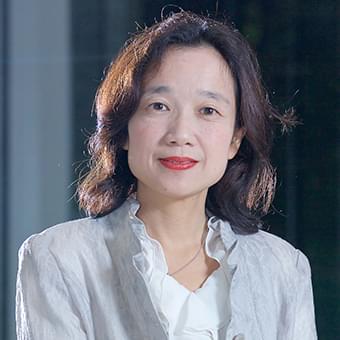
Eri Nakajima
Vice Governor, Nagano Prefectural Government
After graduating from Faculty of Law at Kyoto University, Eri Nakajima entered the Ministry of the Environment, and was involved in global warming prevention, water environment conservation, environmental education, and conservation of natural environment. She also promoted renewable energy in the Ministry of Economy, Trade and Industry. Since 2011, she was engaged in planning and formulating environmental energy policy as the Director of Global Warming Prevention Division, Environment Department, Nagano Prefectural Government. She was appointed to her present position in April 2015. She engages in an agricultural, self-build, and environmentally friendly lifestyle utilising natural energy, while living a double-region lifestyle in Fujimi-cho in Nagano and Tokyo (currently, residing in Nagano City).
Director General of Climate Change Policy Headquarters, City of Yokohama
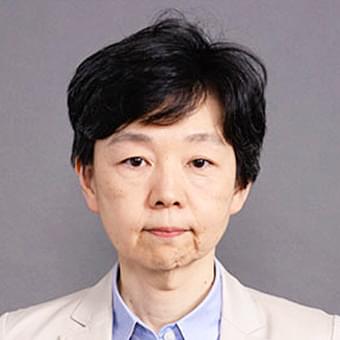
Eriko Yakushiji
Director General of Climate Change Policy Headquarters, City of Yokohama
Eriko Yakushiji began working for the City of Yokohama in 1983. She has been in charge of various projects, such as Minatomirai 21 project, the attracting of businesses, support for new industry development, and the promotion of culture. In recent years, she has served several positions, including Director General of Seya Ward and Director General of Urban Development Bureau. She was assigned to her current position in April 2018.
International Director, Kiko Network
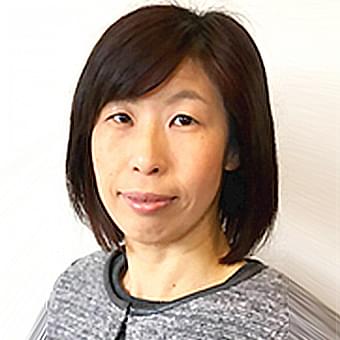
Kimiko Hirata
International Director, Kiko Network
Kimiko Hirata is International Director of Kiko (Climate) Network, a non-profit network organisation in Japan. She leads work on international and national climate and energy policy, and has conducted various research and advocacy work since she joined Kiko Network in 1998. After the Fukushima nuclear accident in 2011, she co-authored a book called "Toward nuclear-free and climate change-free society", which analyses several NGOs' low-carbon scenarios. Recently, she has led a coal project team in the organisation to fight against domestic coal expansion and international coal finance. She has been engaged in the UNFCCC (United Nations Framework Convention on Climate Change) process since COP3 in 1997. As part of the global NGO network, she serves as chair of CAN-Japan, and was also a board member of Climate Action Network International from 2012-2015. She has an M.A. in social science from Waseda University.
Director, Research and Information Office, Policy Planning Division, Global Environment Bureau, Ministry of the Environment, Japan (MOEJ)
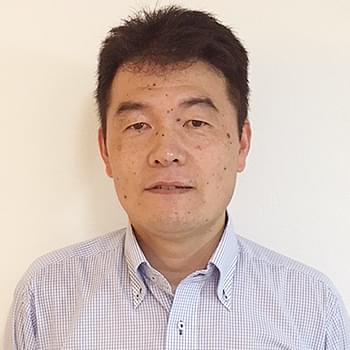
Michihiro Oi
Director, Research and Information Office, Policy Planning Division, Global Environment Bureau, Ministry of the Environment, Japan (MOEJ)
After graduating with a Master’s of Science from Kyoto University, Michihiro Oi entered the Ministry of the Environment, Japan in April 1995. At the Ministry, he took charge of several environmental issues including air pollution control, climate change mitigation measures and chemicals management. He also studied Environment and Development at the University of East Anglia, UK from 2003 to 2005, and was seconded to the Organisation for Economic Cooperation and Development (OECD) from 2008 to 2011. From 2011 to 2015 he was engaged in international negotiations to adopt the Paris Agreement. In June 2016 he was appointed as the Director of Office of Environmental Impact Assessment Review, responsible for the environmental impact assessment review of various projects. Since April 2018, he has also covered adaptation to climate change. As of 13 July 2018, he assumed his new responsibility as the Director of Research and Information Office.
Director, Future Energy and Mobility Structures, Wuppertal Institute for Climate, Environment and Energy

Stefan Lechtenböhmer
Director, Future Energy and Mobility Structures, Wuppertal Institute for Climate, Environment and Energy
Stefan Lechtenböhmer is responsible for applied research in regional, national and international energy and climate scenario analysis and scenarios for a Sustainable Low Carbon Society at the Wuppertal Institute for Climate, Environment, Energy. He has lead and conducted numerous studies on energy and emission scenario analysis. He currently works on topics around sustainable future energy systems with a focus on deep decarbonisation strategies in energy intensive processing industries.
He acquired his Ph.D.. in energy and environmental management at the International Institute for Management University of Flensburg. He holds a university degree (diploma) in geography, economy and political sciences from the University of Münster. Stefan Lechtenböhmer is adjunct professor for "Sustainable Future Energy Systems" at Lund University, Sweden.
He is member of the Steering Group of the G8 Low Carbon Society Research Network and the UNFCCC Roster of Experts for GHG-Inventories, Policies & Measures, GHG-Projections.
Project Manager and Research Fellow,
International Research Center on Environment and Development (CIRED)

Christophe Cassen
Project Manager and Research Fellow,
International Research Center on Environment and Development (CIRED)
Joint-Director, Knowledge and Communications, Strategic Management Office, IGES
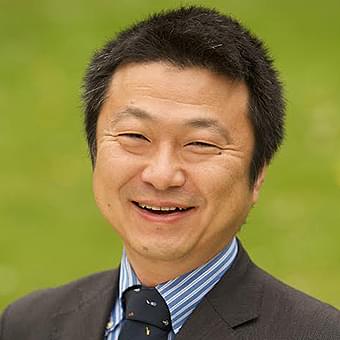
Moderator
Takashi Otsuka
Joint-Director, Knowledge and Communications, Strategic Management Office, IGES
